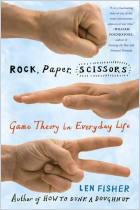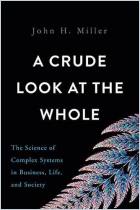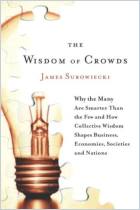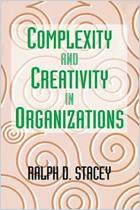
The Perfect Swarm
The Science of Complexity in Everyday Life
Published by Basic Books, a subsidiary of Perseus Books LLC
ISBN: 9780465018840
Pages: 288
Recommendation
As its title suggests, this lively book often makes its points with humor and wit. Physicist and author Len Fisher draws on laboratory experiments, observations of the natural world, well-known historical events, contemporary cases and examples from his own life, making a complex subject accessible. His book covers some ground that will be familiar from other books on group intelligence, collaboration and the wisdom of crowds, but the material on “swarm intelligence” is new. Fisher’s numerous examples from all facets of nature provide highly fascinating case studies of group behavior. getAbstract recommends this book to professionals in marketing and strategy, and to trainers and readers who are interested in new ways of thinking.
Summary
About the Author
Len Fisher, Ph.D., wrote How to Dunk a Doughnut, Weighing the Soul and Rock, Paper, Scissors. He is a visiting fellow of physics at the University of Bristol.



















Comment on this summary or Diskussion beginnen